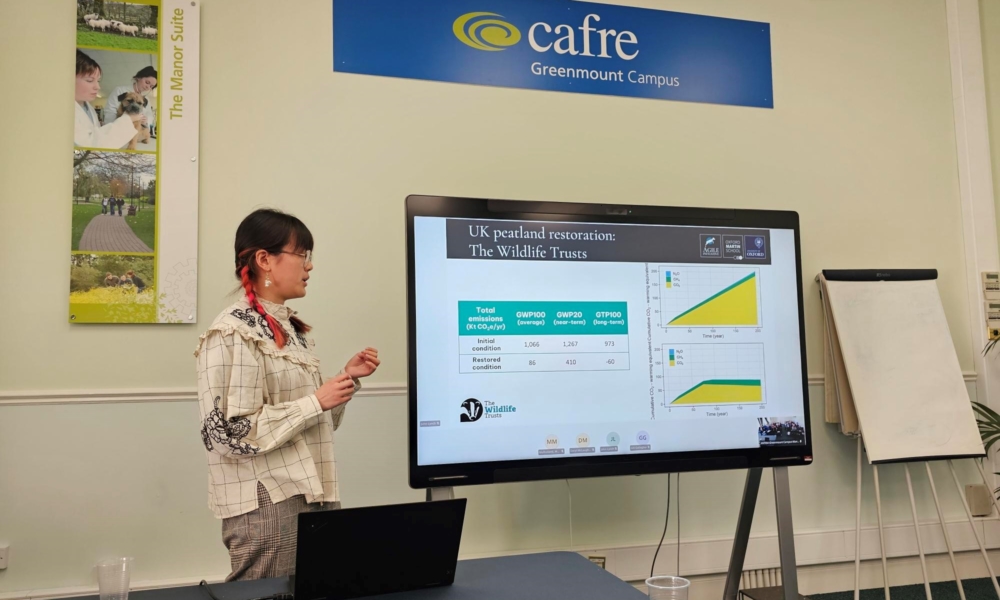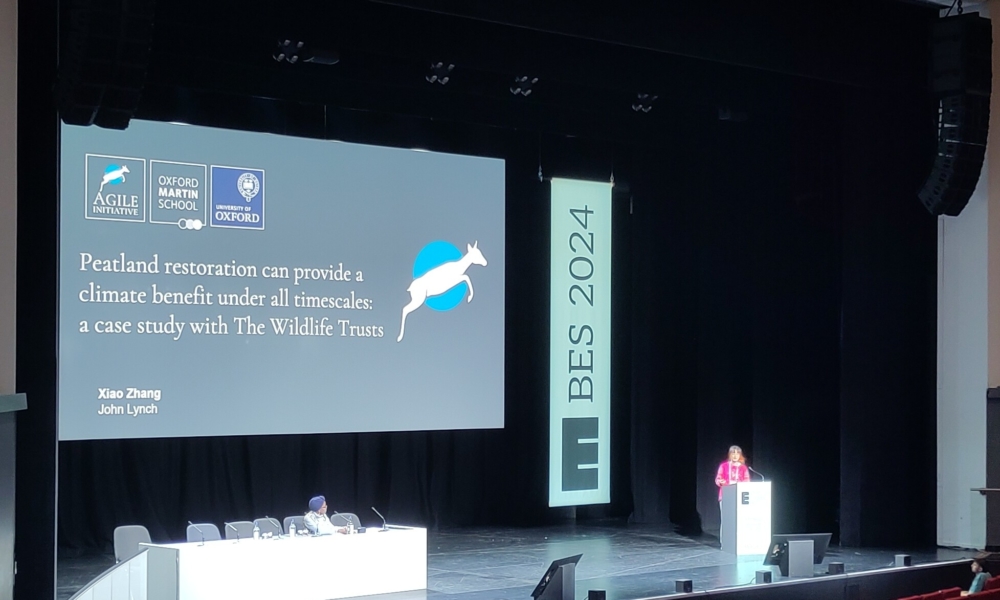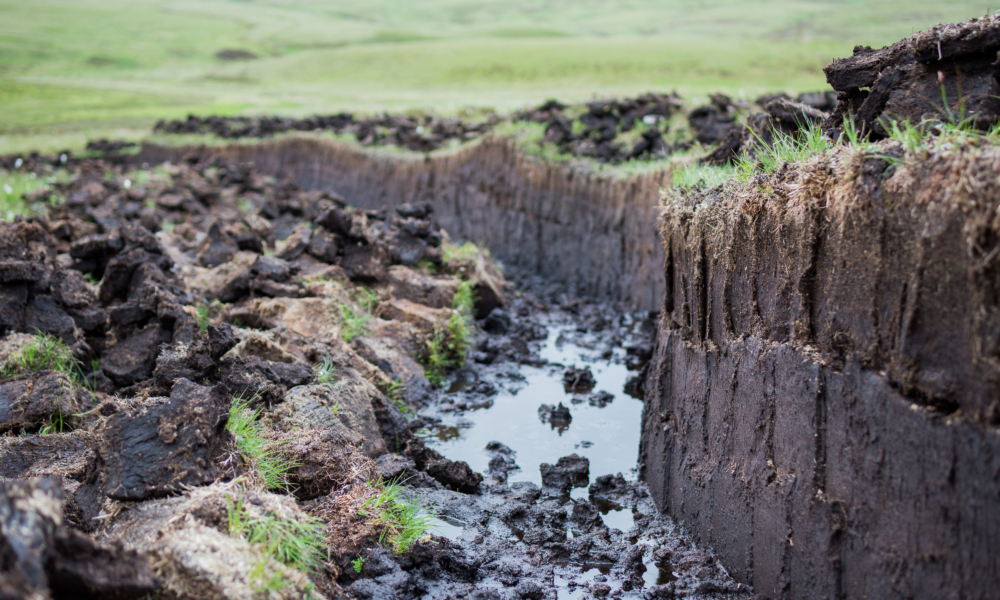How can we manage uncertainties in habitat greenhouse gas emissions?
PAST SPRINT | This Sprint ran for 14 months from October 2023
More Sprints
- How can action on deforestation strengthen the UK’s food system security and resilience?
- How can the UK improve flood resilience in the Thames Estuary?
- How can we prevent childhood sexual abuse in climate disasters?

Ecological restoration forms a key component of many climate targets, from individual sites to international net-zero strategies. Despite this, deployment is hampered by fundamental uncertainties in how changes in land use and adoption of specific management practices change greenhouse gas fluxes. For many UK habitats the uncertainty is so pronounced that it can be unclear whether a given site is a net emission source or sink.
This sprint tackled these challenges through robust statistical modelling of the uncertainties underpinning key grassland and peatland emission factors. It addressed how confident we can be of any climatic benefits resulting from changing land-management, allowing our stakeholders a greater degree of confidence in their environmental planning, and ultimately leading to informed ecological restoration being put into practice.
We highlighted social and political implications, explored how policy can focus on ecological restorations with a credible and robust environmental evidence base and ensured holistic decision-making where the consequences of any uncertainties are considered alongside broader socioeconomic benefits or trade-offs.
Why this sprint? Why now?
There are critical, immediate needs for stakeholders to better understand and reduce uncertainties in habitat GHG fluxes: DAERA are developing Climate Action Plans that support nature-based projects as far as is practicable, and the Wildlife Trusts are looking at how to bring land-based emissions and removals into their greenhouse gas inventory and net-zero target, on which global and national guidance remains sparse and poorly aligned to conservation bodies.
There is an immediate window to support climate change mitigation activities required under the Climate Change Act (Northern Ireland): specific concerns around uncertainties in emissions and the valuation of biogenic methane are highlighted in the Act (point 26.n), and we provided an initial overview of these issues for the first Climate Action Plan developed in 2023. Our further research contributed to Climate Action Plan development over 2024 and beyond.













